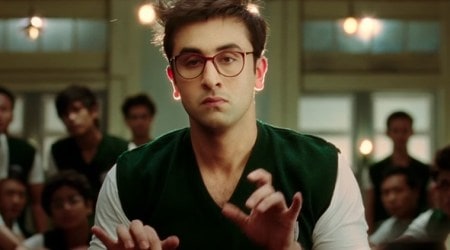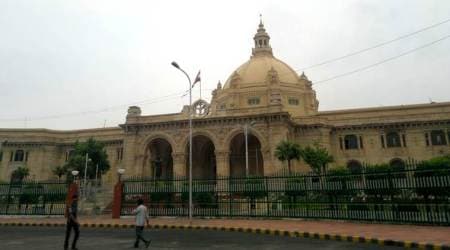 Additional Director General of Police in charge of state prisons Bhushan Kumar Upadhyay
Additional Director General of Police in charge of state prisons Bhushan Kumar Upadhyay
What are the three main issues for state prisons?
Overcrowding, shortage of doctors and staff. These are the three main issues I believe are a matter of concern for us.
How are you dealing with the issue of overcrowding?
We are undertaking several measures, both systemic and through improving our infrastructure.
The present jails are ground-plus-one structures and cannot be raised vertically owing to security concerns. Arthur Road jail and the Thane jail are the most overcrowded in the state. We are planning to get a new facility in Mankhurd. This will reduce the burden on the existing jails.
We are also discussing with the judiciary and the police to follow the Supreme Court judgment wherein only those who are booked for offences that attract a punishment of seven or more years should be sent to prisons.
Around 20 per cent of the people lodged in our prisons have been booked for petty crimes. If these people aren’t sent to jails, the jails would be less crowded.
There is a shortage of manpower to deal with overcrowding. While we need 5,000 jail staff, our current strength is 4,000. We have made a requisition for more staff and hopefully that should come through.
One of the demands of the protesting inmates at the Byculla jail is better living conditions. What are you doing to address that?
In the aftermath of the incident, we have started sensitisation drives wherein we have asked our Superintendents to hold sessions with the staff. In pursuit of this, I have held video conferencing sessions with the Superintendents of jails asking them to sensitise and train the staff on these issues. These training sessions would be held in batches. We also plan to conduct talks by top human rights activists to impart knowledge to our staff on the human rights of the prisoners and their duty to safeguard the same. Already, drives by the Superintendents are under way.
What about the complaint of unhygienic food being served to inmates?
I disagree that the food served is not nutritious. The diet for inmates is prepared by a team that includes dietitians and doctors. The diet is prescribed depending upon their gender, type of imprisonment and ailments, if any, an inmate is suffering from. Also on the point of hygiene, the food is prepared by the inmates and good sanitation conditions are maintained in the jails.
Of course there is scope for improvement and there is a committee constituted to look at jail reforms. The committee headed by retired Justice Dr S Radhakrishan has already conducted its first meeting and once the observations and recommendations are received, we will include them in the system.
Following the two incidents, an internal inquiry had been ordered to look into the circumstances that led to the two incidents. We will wait for the report and study it to see what changes could be implemented.
A study by NGOs has revealed that the health and sanitation conditions in Maharashtra’s jails are substandard. Almost all the female inmates suffer from skin infection, and diseases such as TB.
The biggest problem that we face is the lack of full-time time doctors at our district and sub-jails. We have written to the state government asking them to assign full-time doctors at these facilities. With the lack of a dedicated doctor, the medical assistance in some cases reaches late.

